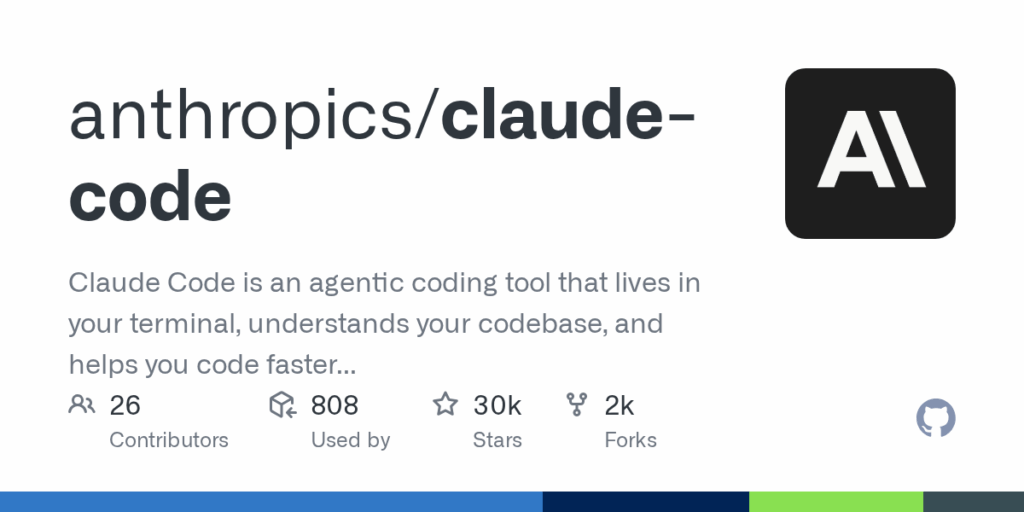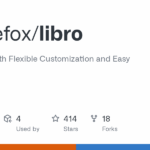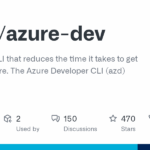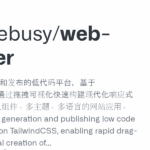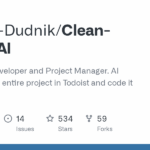Features
Claude Code exposes a command-line agent that understands a repository and accepts natural language instructions to operate on code. It can execute routine development tasks, explain code, and handle git workflows. It integrates with terminals and IDEs and supports being tagged on GitHub to invoke assistance. Installation is provided as an npm package with a global install and a simple run command. The README highlights a demo GIF and points users to official documentation for more details. Built-in feedback tooling includes a /bug command and explicit data handling policies: collection of usage and conversation data, transient storage of feedback transcripts for 30 days, and stated safeguards and access restrictions. The project emphasizes privacy practices and non-use of feedback for training generative models.
Use Cases
Claude Code helps developers work faster by providing an interactive assistant that can perform repetitive coding tasks, clarify and explain complex code, and streamline git-related operations without leaving the terminal or IDE. By accepting natural language commands, it reduces context switching and manual steps for common workflows, which can speed prototyping, reviews, and day-to-day maintenance. The built-in bug reporting enables quick feedback capture from within the tool so issues can be tracked and addressed. The README also communicates data usage practices so users understand what feedback is collected and how it is treated, including a 30-day retention policy and safeguards against using that feedback to train generative models. Official documentation is available for users who need setup and operational guidance.

